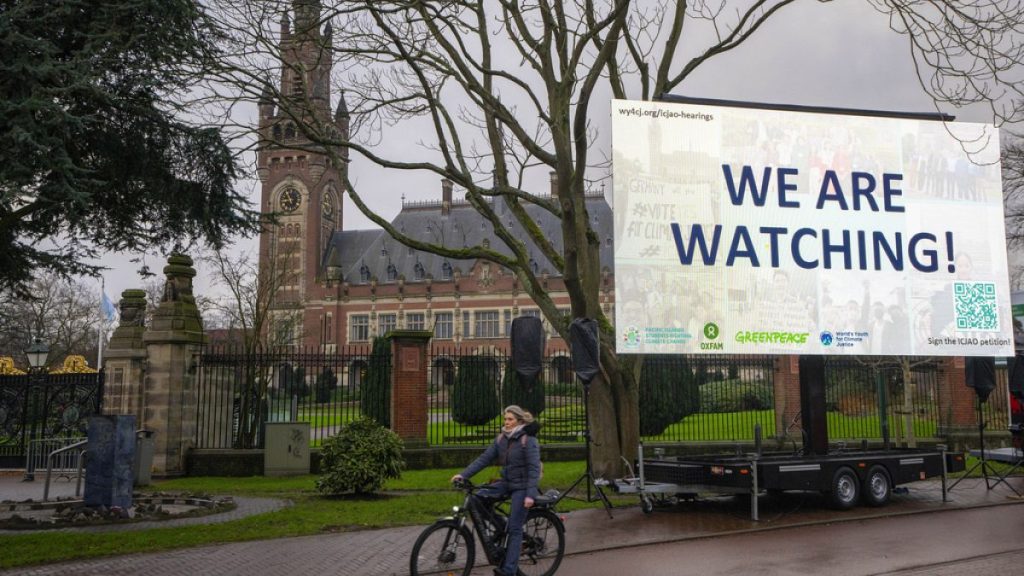The escalating climate crisis evokes a complex spectrum of emotions, ranging from anger and guilt to resignation and sadness, and these emotions significantly influence our responses to this global challenge. Researchers are increasingly exploring the interplay between emotional responses to climate change and the adoption of pro-environmental behaviors, discovering that while transient emotional reactions may not directly translate into action, long-term emotional engagement, particularly feelings of anger, sadness, and guilt, can be powerful motivators for change.
The pervasive nature of climate change means that its impacts are no longer a distant threat but a present reality, fostering a sense of loss and grief for the changing environment. This environmentally-induced distress, termed “solastalgia,” reflects a profound sadness and mourning for the degradation of the natural world. Older generations, who have witnessed firsthand the dramatic shifts in their local environments, often experience this grief most acutely, lamenting the loss of familiar landscapes and experiences they fear future generations will never know. While such emotional responses highlight the personal connection to the environment, their fleeting nature limits their impact on sustained pro-environmental action.
Researchers have developed tools like the Climate Emotion Inventory to categorize and measure the emotional responses to climate change, identifying eight dominant emotions: anger, helplessness, enthusiasm, loneliness, guilt, sadness, contempt, and fear. Studies using this inventory have revealed the diversity and intensity of emotional reactions, but initial research found no direct correlation between short-term emotional responses triggered by narratives of climate change and subsequent pro-environmental behaviors, such as donating to climate-related causes. Even when presented with emotionally charged stories, individuals’ willingness to donate remained similar to those exposed to neutral narratives.
Further investigations utilizing brain imaging technology (MRI) and more refined experimental designs confirmed these findings. When participants were given choices involving reducing CO2 emissions or accepting financial rewards, short-term emotional responses did not predict their choices. This suggests that fleeting emotional sparks, while potentially raising awareness, lack the sustained power to influence long-term behavioral changes necessary to address climate change effectively. These transient emotions are akin to fleeting sparks, igniting momentarily but failing to sustain the fire of long-term behavioral change. Long-term, cumulative emotions, however, hold greater potential to fuel impactful action.
However, the lack of correlation between short-term emotions and pro-environmental actions does not negate the importance of emotional engagement. Studies focusing on long-term emotional attitudes toward climate change, also using MRI scanning, revealed a more promising connection. Participants who reported enduring feelings of sadness, anger, and guilt demonstrated a greater propensity to make pro-environmental decisions. These sustained emotions, particularly anger directed towards corporations, institutions, and policymakers responsible for environmental degradation, can become powerful motivators for meaningful action. Compassion, driven by sadness and a desire to alleviate suffering, also emerged as a strong driver of pro-environmental behavior.
Harnessing the power of these emotions requires strategic application. While anger can initially ignite interest and mobilize individuals, it needs to be channeled effectively to avoid becoming impotent rage. Transforming this anger into concrete action requires direction and focus. Furthermore, maintaining momentum in the face of such a daunting challenge requires cultivating positive emotions like hope and fostering a sense of collective action. Community engagement and shared purpose provide crucial support against burnout and strengthen the resolve to act, demonstrating that collective action can drive systemic change and create a more sustainable future.

